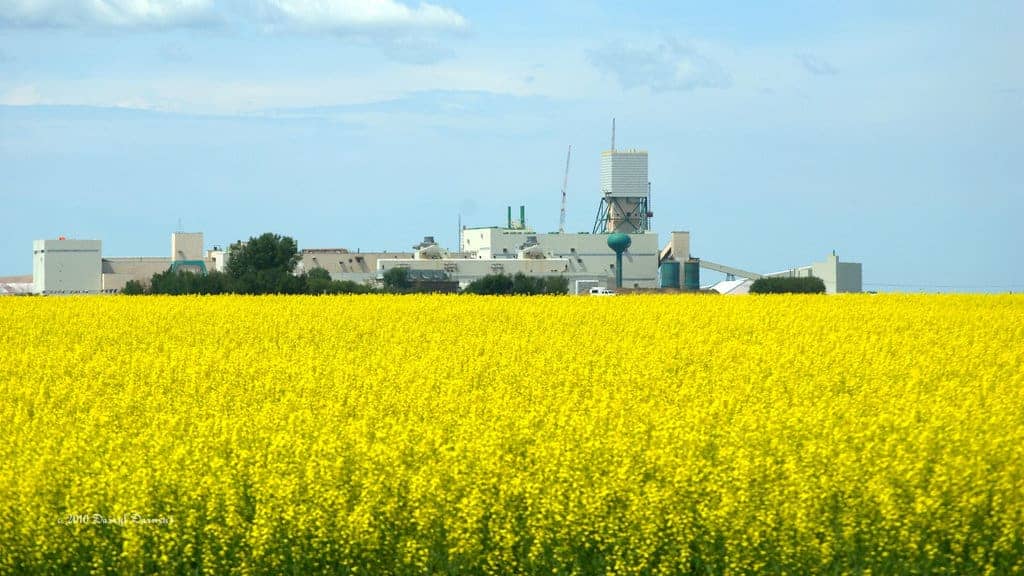The much-anticipated merger between Potash Corporation of Saskatchewan Inc. (TSX:POT)(NYSE:POT) and Agrium Inc. (TSX:AGU)(NYSE:AGU) will have to wait until the end of the year rather than close in the third quarter, as originally planned.
The reason for the delay is that company officials from both sides are still addressing several anti-trust concerns raised by regulatory bodies in the United States, India, and China.
Under the agreement originally announced last September, a new parent company, which will be called Nurtrien, will be formed out of the deal and will own both Potash Corp. and Agrium entities.
Those owning Potash Corp. shares prior to deal closing will receive 0.40 common shares of Nutrien for every Potash Corp. share they own, while Agrium shareholders will receive 2.23 shares in the new company for every Agrium share they own.
Following the closing of the transaction, Potash Corp. shareholders will own approximately 52% of the new company, while Agrium shareholders will own the remaining 48% on a fully diluted basis.
The deal is expected to create a world-class integrated global supplier of crop nutrients, as the largest crop nutrient producer in the world. Nutrien will become the largest producer of potash and the second-largest producer of nitrogen fertilizer.
In addition, the new entity will become the third-largest natural resource company in Canada, headquartered at Potash Corp.’s current offices in Saskatoon with a corporate office in Agrium’s home city of Calgary, and operations across 18 countries supported by more than 20,000 employees.
Part of the reason for the delay in closing the deal stems from the complexity of the transaction, which spans across several jurisdictions and has involved a lot of discussion between regulatory agencies.
While details are still being worked out, a critical element of getting the deal approved is approval from India and China, as those two markets account for more than 40% of global phosphate consumption, while Asia as a whole makes up 48% of total potash demand.
The new company may also be forced to sell a small nitric facility in Ohio as well as a larger phosphate plant in Idaho to get onside with U.S. regulators.
Still, company officials do not anticipate any major obstacles that would prevent the merger from going through or that would get in the way of the expected $500 million in annual savings generated from operational efficiencies expected from the business combination.
Conclusion
Government officials are raising concerns with the proposed deal, because it is expected to give the new entity greater control over the crop nutrient supply-chain and distribution channels.
Analysts expect the combined company would gain the scale it needs to control fertilizer output and lead to a rationalization of sharply lower potash prices, which have persisted since the start of the decade.
While the news may not be good for farmers or agribusinesses, an improved market for potash pricing would certainly be a welcome change for Potash Corp. and Agrium shareholders.








